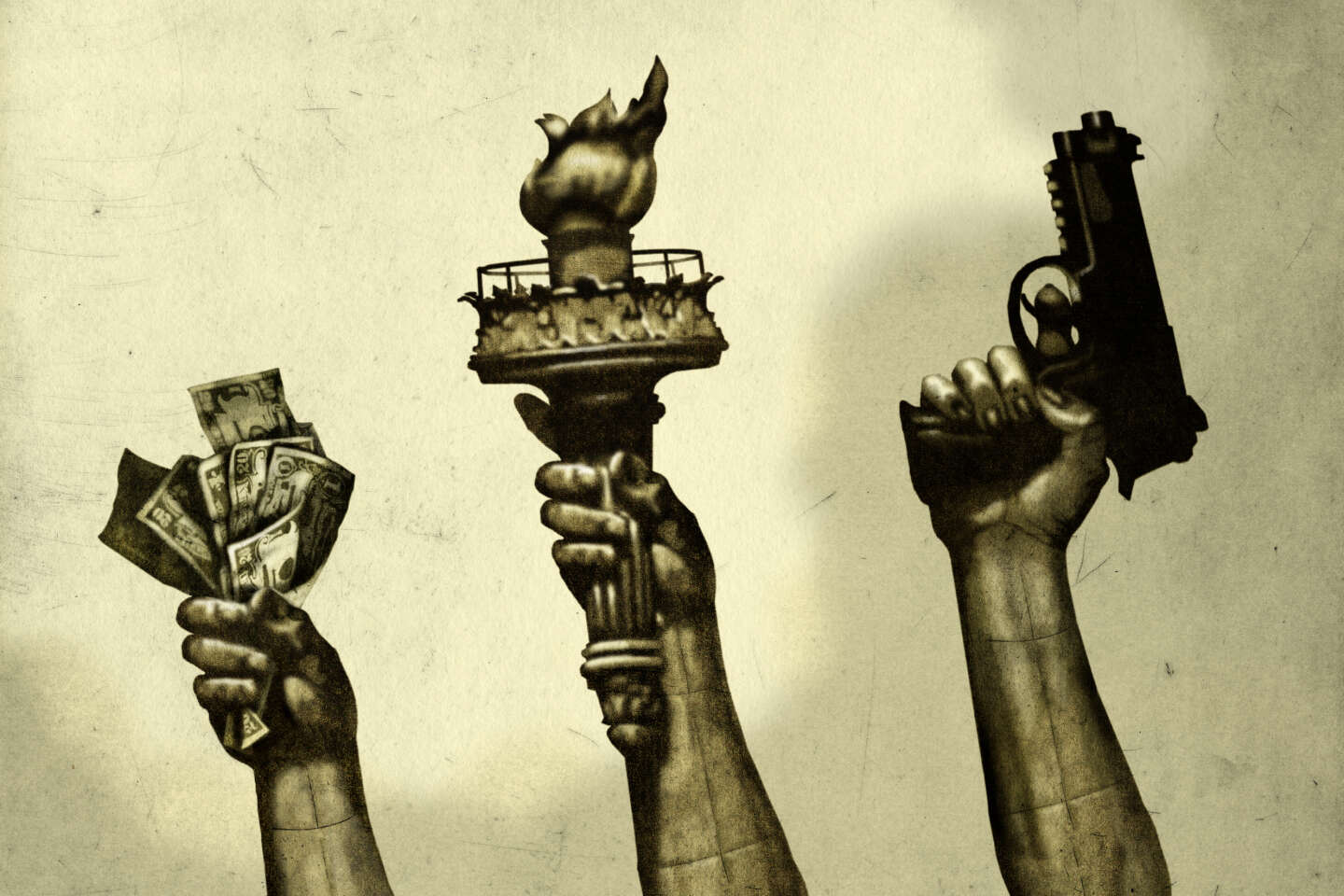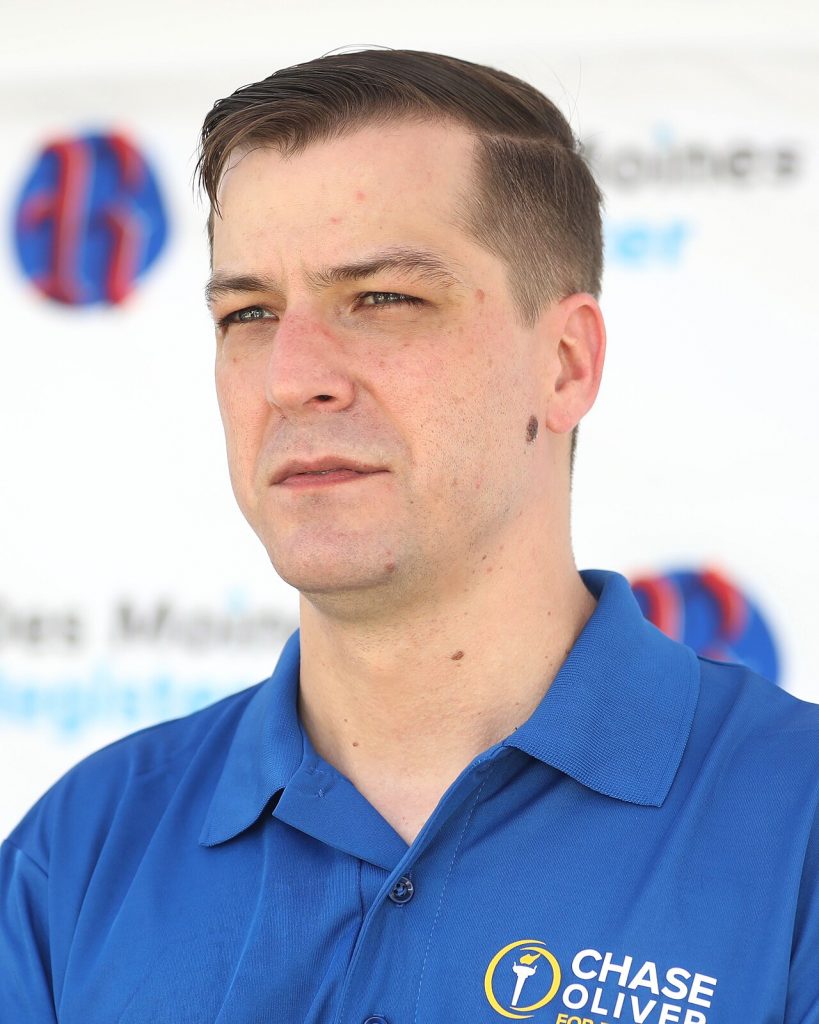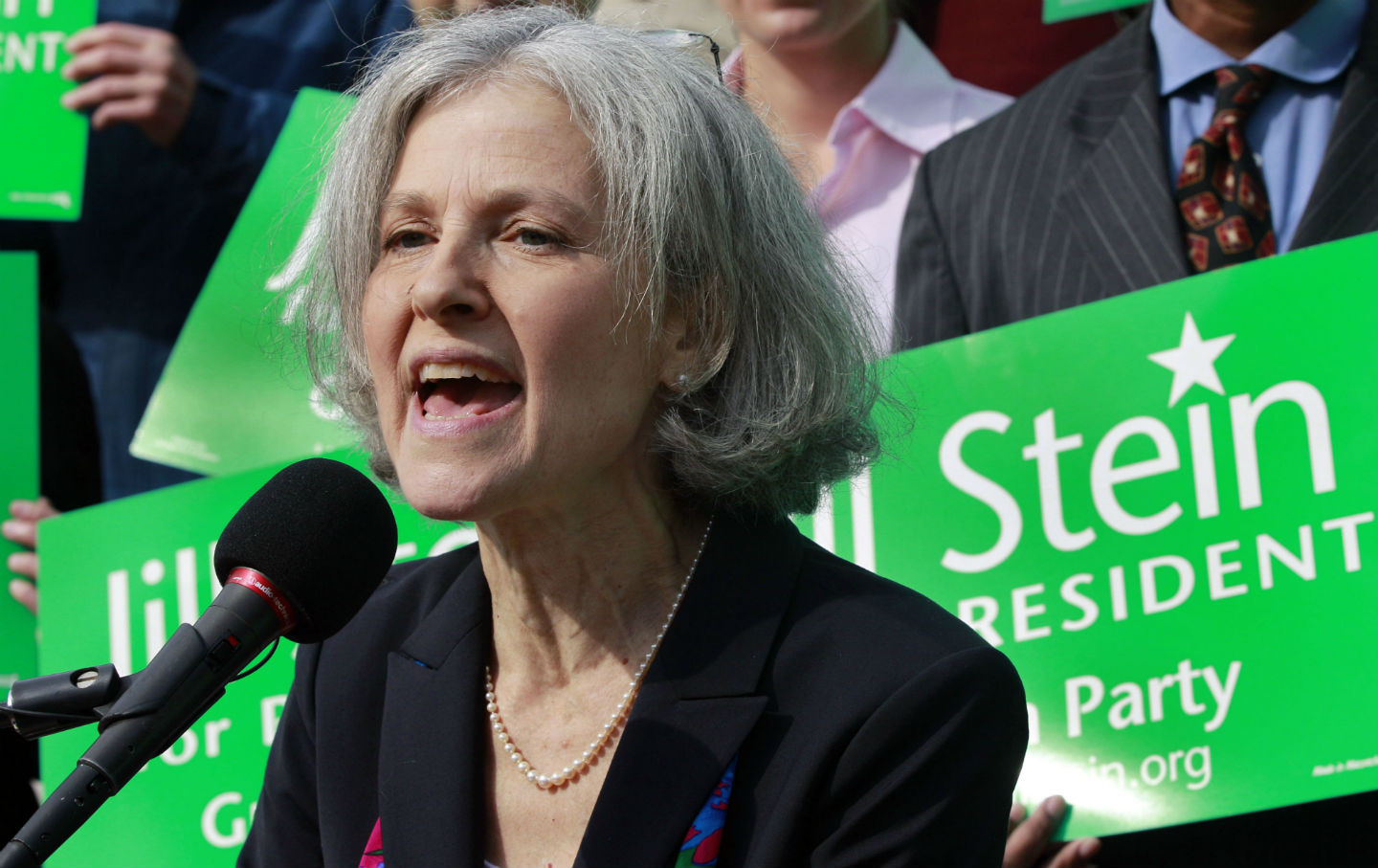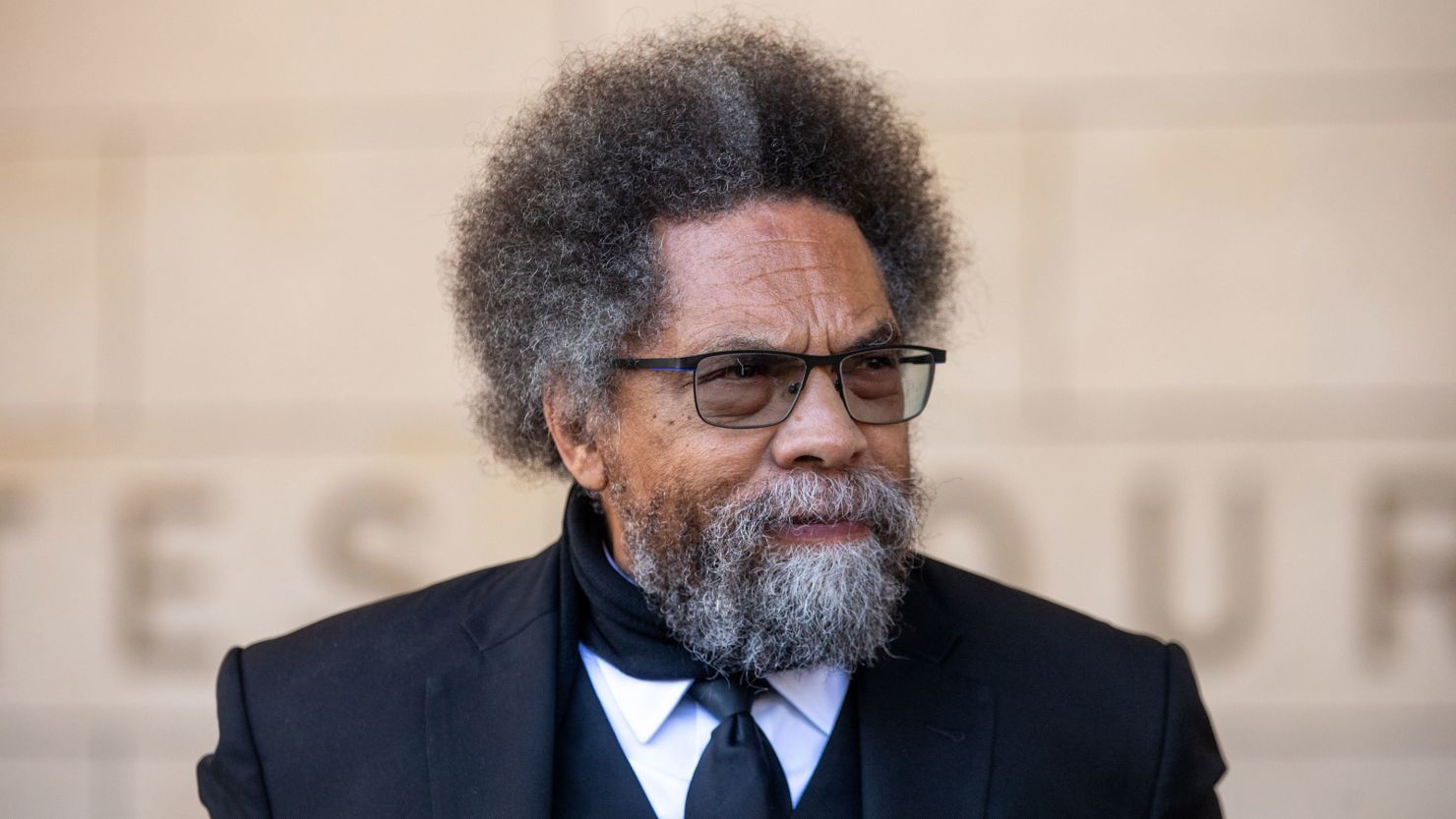It's not that they forgot to tell you about the other candidates running for president, it's just that they want to give you the illusion choice while limiting your options at the same time. It's like going to a car lot full of cars and being shown the only two you didn't want!
In fact, they want you to believe all their rhetoric about how "free" and "honest" our electoral process is while at the same time ignoring or ridiculing all the "also ran" candidates in the hopes you'll focus on just the two options given you by Wall Street, thus perpetuating a corrupt duopoly cloaked as "choice". So, this begs the question---who are the other candidates for President?
Here in the U.S. we have a "winner-take-all" form of government. That means if your candidate loses, you have no representation within your district for however long the term of office is. Of course, you still get to pay taxes for the privilege of having no one representing your interests. The United States is virtually alone in the world when it comes to a "winner-take-all" political system.
Among those nations who are democracies, the parliamentary or proportional system prevails. Under this system, the voter chooses the party---not individual---they want. The winner is assigned a certain percentage of seats based on the votes received. However, unlike the U.S. where the loser has to wait until their next opportunity, a parliamentary system allocates a set number of seats even for the losing party. That way, even if your party loses, you still have someone there to present you.
In the United States, we have numerous political parties (although many are state level only), but only the Democrats and Republicans are dominant, even though both are minority parties. The largest political bloc is Independents with about 40+% of all registered voters. Democrats have about 30% and Republicans have about 29%, but that still leaves about 1% for third parties. While they won't win a presidential election, they do have enough voters at state levels to impact congressional and local races. The two largest of the "third" political parties are the Libertarian and Greens.
Founded in 1971, about 15% of registered voters are ideologically libertarian or lean libertarian (and about 12% are in the Republican camp) while about 700,000 registered voters belong to the Libertarian Party. Libertarians describe themselves as "socially liberal and fiscally conservative". They claim their ideological linage extends back to Thomas Jefferson because of a mutual belief in small government, free markets (aka "laissez-faire") and maximum personal liberty---provided it doesn't impinge on anyone else's liberty of course. Politically, the Libertarian Party doesn't consider itself to be either "Left" or "Right" wing.Most oppose a strong central government, believing that authority derives from the actions of a majority. However, a few believe that a small, relatively weak federal government should exist to do those things the marketplace can't do efficiently. There are currently about 186 Libertarian elected to local office nationally.
Interestingly, the states with the highest amount of personal and economic freedom are South Dakota, Tennessee, Nevada, and Florida. The "freest" state is New Hampshire. In terms of personal freedom, the top spot went to Nevada, followed by Arizona. Maine was third and New Hampshire was fourth. New Mexico rounded out the top five (Kentucky was 47th in personal freedom. Texas, known for its rugged individualism, was dead last).
When it came to economic freedom, New Hampshire took first place. Second was Florida and third was South Dakota. Fourth was Tennessee and fifth was Georgia (California was 48th and Hawaii was 49th. The worst state in terms of economic freedom was New York).
The 2024 Libertarian Party presidential nominee is 39 year old Chase Oliver, who was born in Nashville, Tennessee. He's an account executive for a import shipping business. His top three issues are foreign policy, criminal justice reform, and immigration reform (he supports a legal pathway to citizenship of illegal immigrants). Chase is anti-tariff, free market, and supports rank choice voting. He supports the 2nd Amendment and is pro-choice. His vice president nominee is Mike ter Maat.Mike was born in Portland, Oregon in 1961, making him 63 years old. His primary occupation is in law enforcement, He holds a PhD in Economic (Austrian School) from George Washington University and is economics professor and a substitute teacher. Mike's top priories are jobs and wage growth; mask and vaccine mandates (which he opposes as unconstitutional), along with police and justice reform, including greater transparency and accountability. Mike also backs term limits, ending the Federal Reserve System and IRS. Both candidates support a anti-war agenda.
The other major political party (though you wouldn't know it by the corporate media) is the Green Party. Starting off as a offshoot of various social movements originating in the 1960's and 1970's, it came into its own right as a movement in 1985. By 1990, it had evolved into a Left oriented political grassroots party comprised of a federation of state parties operating under a central committee. It's focus has been on environmentalism, non-violence and anti-war, grassroots democracy, social justice, anti-racism and pro-choice. Ideologically it is democratic socialist. It's been jokingly referred to as the "anti-party party".
Although lumped in with the Libertarian Party as a third party, the Green Party is technically the fourth largest political party with about 244,000 members with 131 members serving in elected office (it bears mentioning that the Green Party is known worldwide and has chapters all over the globe. It's one of the largest and most powerful parties in Europe). Maine has the most elected Green Party members with 57 followed by California with 22.
Although having ballot access in 44 states and the District of Columbia, the Green Party presidential nominee, Dr. Jill Stein, is no stranger to uphill challenges, and neither is her running mate, Dr. Butch Ware. The 74 year old Stein is a graduate of Harvard University's School of Medicine where she concentrated in internal medicine. She previously ran for president in 2012 and 2016. Her main issues this go around is on developing a anti-war oriented foreign policy, universal healthcare, free public education, climate change and a cleaner environment as well as stronger worker rights.
Dr. Stein has been a political and community activist since 1998, focusing on the connection between health and the environment. She has been highly critical of U.S. foreign policy, particularly so far as the Gaza conflict between Hamas and Israel is concerned. The crux of her criticism has been on Israel's so-called "genocide" policy toward the Palestinians.Dr. Stein has also proposed a "Economic Bill of Rights" which includes a living wage for workers, support for housing (and assistance for the homeless), expanded healthcare, support for childcare availability, free and improved public education (including textbooks and any fees), additional benefits for retirees (which presumably includes full protecting of Social Security), healthier foods from farm to table, and cleaner water.
Lastly, she favors "reparations" for slavery. Whether that money will include contributions from England, Spain, Holland, Portugal, the African nations responsible for providing slaves such as Ghana, Nigeria, and Tanzania, or just from American taxpayers wasn't specified.
Her running mate is 59 year old Dr. Butch Ware. He earned a doctorate in history (West Africa emphasis) in 2004 from the University of Pennsylvania. Dr. Ware currently teaches Islamic Knowledge and Spirituality, Colonialism, African Diaspora and West Africa at the University of California (Santa Barbara). Other than his support for Palestine, I could find no information concerning his stance on the economy, domestic and foreign policy, taxes, housing, crime, drugs, rebuilding our infrastructure, etc.
Dr. Ware is reputedly a leading academic authority on the U.S. Black Radical Tradition, Africa, and Islam. He is credited as a public educator, activist and organizer, artist, and is involved with groups opposing ethnic cleaning, the anti-war movement, ending colonialism, and "build sustainable, just, peaceful alternatives rooted in African, Indigenous, and Abrahamic traditions".
The last notable candidate for president is Dr. Cornel West. The 71 year old professor has been a outspoken voice on the Left for decades. He is a philosopher, theologian (and grandson of a Baptist minister), activist, social critic, and public intellectual. His professional focus is primarily focused on the role of politics on race, gender, and class conscienceless in the U.S..Dr. West describes himself as a democratic socialist and proponent of Left-wing populism, a supporter of the Black Church tradition, a neo-pragmatist, and a student of transcendentalism (the philosophical, spiritual, and literary movement which believes in the natural goodness of people and the tendency towards corruption of the individual by institutions. It also proposes the humanity is at its best when people are more self-reliant and independent).
Dr. West, a former Green Party member, announced that he was running for president under the banner of the People's Party, which is a Left-wing populist party, in June 2024. However, because of alleged claims of sexual harassment by the party's founder, Nick Brana, and internal dysfunction, he decided to continue his president campaign as a independent four months later. In August, with a $17,000 dollar debt, Dr. West stopped active campaigning although his name may appear on some ballots.
So, there you have it. In addition to Republican Donald Trump and Democrat Kamala Harris, these are the other candidates you might see on your ballot this November. While it's unlikely that any of these individuals will win, they can still affect the overall outcome by drawing away votes from one or the other major party candidate.
It also shows that Independents and third party candidates are a factor that's here to stay, especially as the two corporate own parties continue to hemorrhage voters. Polls show that between 63% and 58% of Americans want to see a alternative political party. As it is already, the majority of voters are now Independents. We are the only industrialized nation without a labor party. At the current rate of political defections away from the Democrats and Republicans and mounting dissatisfaction of voters with government general (68%), that may soon change.
However, as we don't have the 2024 donation numbers yet, we need to look at 2020. The Democrats and Republicans received a total of $29 billion dollars from Wall Street (with Biden getting 2.5x more in donations than Trump). This is concrete proof that the ruling elites take good care of their investments.Meanwhile, the Libertarian Party received just $2.9 million from corporate donors and party donors in the 2020 election. The Green Party receive nothing from Wall Street donors. It's money came mostly from individuals and environmental groups totaling $58,452,552. We can thank Citizens United for this financial disparity. Until that's changed, Wall Street will continue to call the shots no matter the issues or how few voters support either party.
Thank you for reading Another Opinion! We hope you enjoyed this article and will pass it along. Please don't forget to subscribe. It's free! Lastly, please "like" us on whatever platform you use to read anotheropinionblog.com. It helps beat the algorithms and keeps our articles in circulation. Please find below the links we consulted in researching this article.
Who is Running for President in 2024
Libertarian Party presidential nomination, 2024
Meet Our Nominees: Jill Stein & Butch Ware
Support for a Third Party in the U.S. Dips to 58%





1 comment:
LinkedIn alerted me today (October 7th) that my article was the "Top performing post" for last week! Thanks to everyone!
Post a Comment